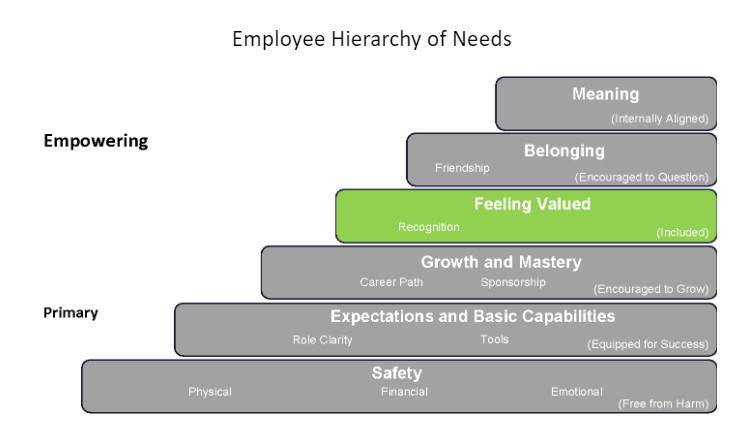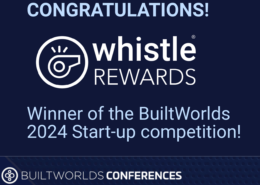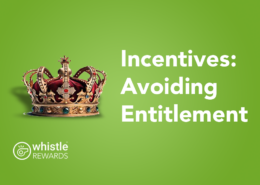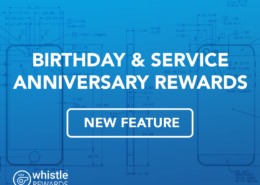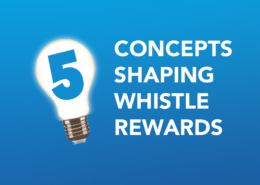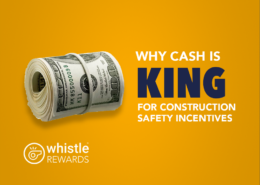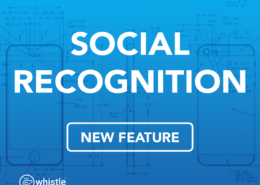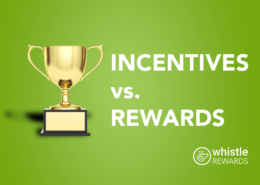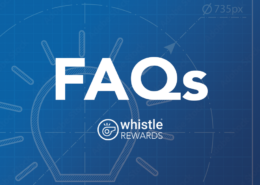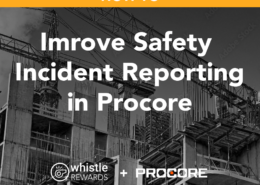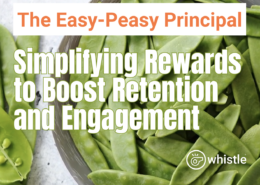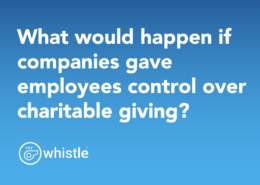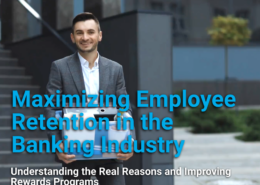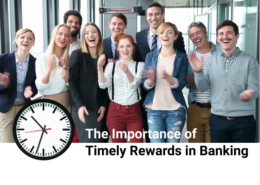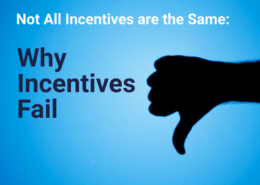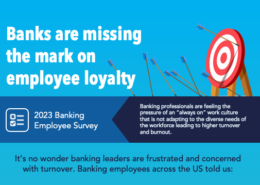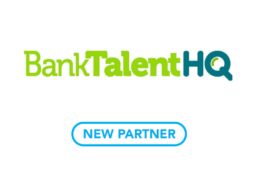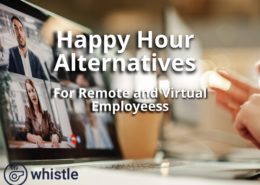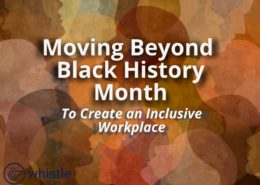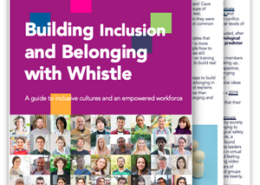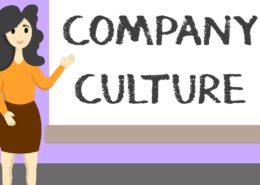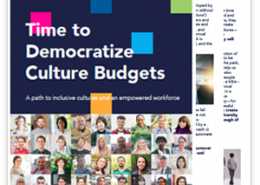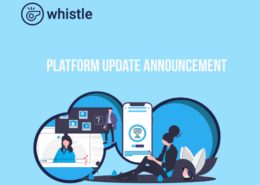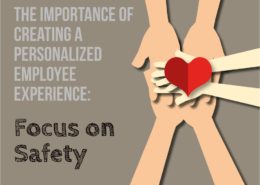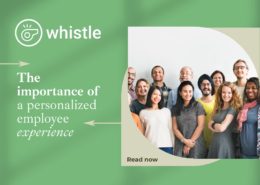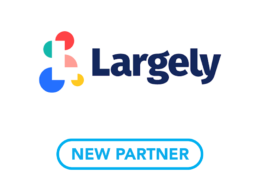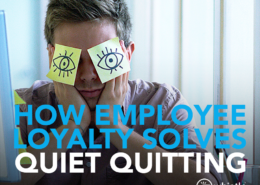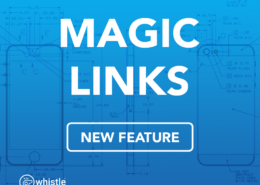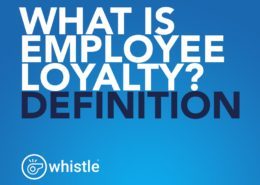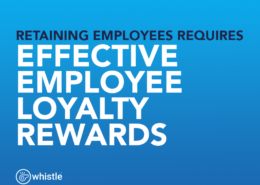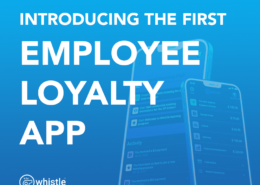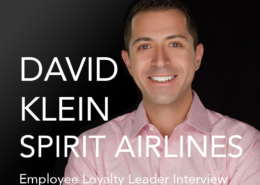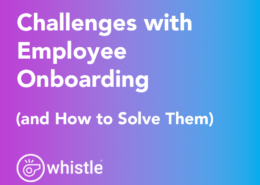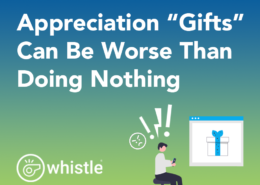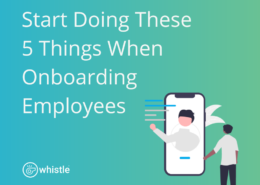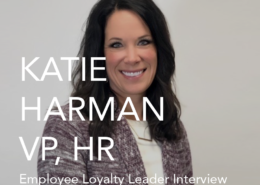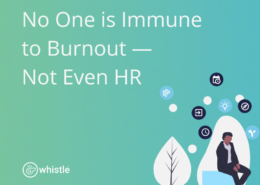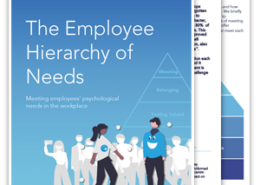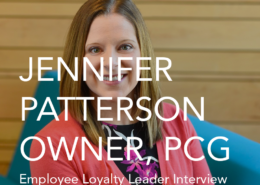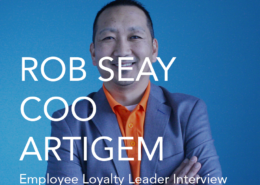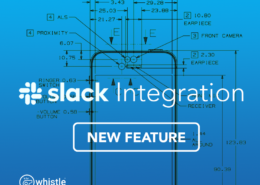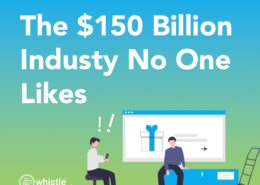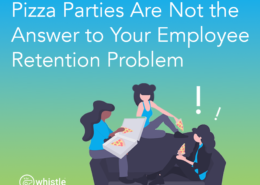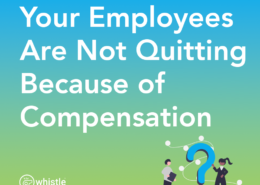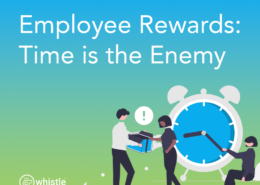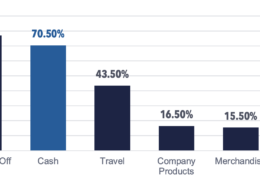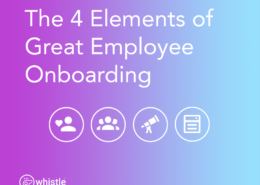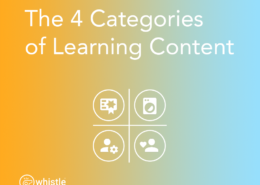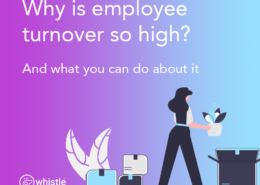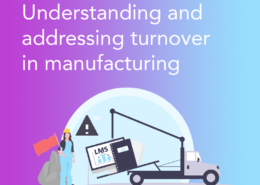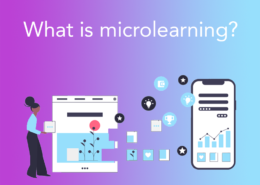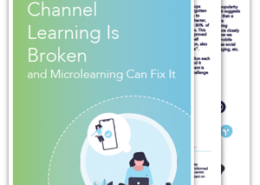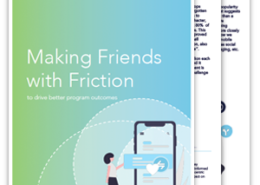Making Employee Retention Personal: Feeling Valued
The critical success factors for HR in 2023 will be retaining the best employees and ensuring they are fully engaged in your company. Creating a positive company culture, however, is not easy or straightforward. For decades, employers have been struggling to retain and engage staff. Companies have adopted 401k plans, added ping pong tables to the office, offered unlimited vacation and dozens more approaches to make employees want to stay. And yet, retention rates have only declined. No one has been able to crack the code of employee engagement through these kinds of generalized programs.
The secret to a highly engaging culture lies in something that most companies are already doing, but for a different audience: personalization. Many companies are providing a personalized customer experience. The same approach and values apply to your employees. Each member of your organization has a unique personality, set of values, set of skills, passions, interests, and life outside of work. To remain competitive, companies must acknowledge the uniqueness of each employee and provide personalized engagement and retention solutions. This is what every person wants, whether an employee or a customer.
Developing a personalized employee experience can be done at scale. Whistle has broken down the employee experience, mirroring Maslow’s hierarchy of needs, into six levels of engagement, providing a tool to evaluate the various need states in your organization as well as specific programs to immediately improve engagement and retention by making it personal.
The critical element is to move authority and control from a few executive team members out to the front line. Front-line managers understand team members and their needs in ways executives cannot. While executives often have fantastic ideas and considerations, those ideas typically fail to resonate with everyone in the organization. The pizza party, for example, has become the pariah of employee engagement. It started a good-natured effort by executives to provide something fun and social for staff. Unfortunately, it’s become an example of what does not work. Some people have dietary restrictions. People who work the night shift get short changed. And even for those who can participate, a free piece of pizza no longer feels like a sufficient thank-you, given the added pressures of increasing workloads and expectations. There are many examples of top-down “culture programs” that do more to hurt staff relationships than help.
Front-line managers have (or should have) an understanding of the specific needs of team members and a sense of the proper timing required to address each need. These managers simply need better tools to operationalize this understanding.
Elements of Feeling Valued
When employees feel valued, they feel like their skills and contributions are noticed and appreciated by those around them. The tools and strategies companies use to accomplish this have naturally evolved through time. People in the Greatest Generation through baby boomers (born 1901 through 1964) typically felt grateful to have a job. They focused on a long-term career ladder and progressing in title. Within that context, the simple combination of annual reviews, raises and bonuses worked well.
Much has changed, however, in the past few decades. People move from job to job far more frequently as opposed to working up the ladder in the same company over decades. Fair compensation and career progression are table stakes today. One-size-fits-all annual bonuses, recognition of career milestones (e.g., 5 year company anniversary) and points based recognition systems were innovative in the 1980’s. But, if companies want their culture to stand out in making employees feel valued, they must level-up their approach, recognizing exceptional work across their organization and showing appreciation in ways that speak to that individual person.
Today’s employees prioritize two specific feelings above all else when it comes to retention: feeling valued by my organization and feeling valued by my manager.
Employees still look to overall company culture and policies for some of this. For example, allowing greater flexibility and autonomy regarding when and where people work helps employees feel more valued by their organization. Research shows that flexibility is more important to younger workers (who are more likely to live in dual-career households), and has skyrocketed in importance as a result of covid. Companies who offer generous benefits that support the full spectrum of a person’s (and their family’s) needs will be preferred over those who do not. However, employees have grown to expect and appreciate additional forms of everyday appreciation on a more regular basis, especially when they go above and beyond and have a meaningful impact on the company or a person within it.
While companies have been attempting to create the right culture well before the pandemic, the new normal has heightened the need to get this right. Unfortunately, our own psychology sometimes gets in the way. Professors Adam Grant and Francesca Gino have done some very interesting work understanding the disconnect between what employers experience and what employees experience. They noted “a stark difference between how much managers appreciated employees and how appreciated employees felt”. Managers often believe they are providing sufficient appreciation only to learn that employees feel ignored and under appreciated. Many managers are overwhelmed with juggling projects and tasks. While they may be motivated to make their employees feel appreciated, many of them lack the tools and knowledge of how to do this most effectively.
Improving Employees’ Feelings of Value
The Whistle platform offers solutions improving a company’s ability to create a sense of value without adding administrative burden. The Employee Loyalty Index identifies your employees’ needs by location, department, tenure, etc., and pinpoints need states. Whistle can help identify which needs are being met, and which need attention to engage and retain employees. These “need-states” map directly into specific programs in the platform, providing immediate improvement in retention. A company can enable managers with the tools to make employees feel valued and belonging at a personal level.
The Whistle Employee Hierarchy of Needs describes four levels of maturity for creating a sense of value within an organization:
- Companies at a level 1 (the most basic): have an employee of the month program. They have mass communications designed to express appreciation for employees.
- Level two companies also hand out spot gift-card bonuses. They communicate company performance regularly, noting the importance of all employees. They celebrate milestones and provide holiday gifts.
1. https://hbr.org/2020/01/the-little-things-that-make-employees-feel-appreciated
- Level 3 companies also have a peer recognition program. They may reward employees with generous incentive payments, profit sharing, bonuses, etc.
- In Level four companies, micro-affirmations are meaningful, frequent, and pervasive throughout the culture. Intrinsic motivation is recognized and championed at all levels of the organization. Extrinsic motivators are used effectively without starving intrinsic motivators. Rewards and communications are personalized to have maximum impact on the recipient.
If your employees are not feeling a strong sense of being valued as an individual, Whistle can recommend and quickly deploy programs that will have a strong positive impact for very little cost. Psychologists John & Julie Gottmann have been studying healthy and unhealthy relationships for over 40 years. One of their most common pieces of advice for building healthy relationships is to, “catch the person doing something right” and express appreciation. Whistle clients are deploying ad-hoc rewards programs to do just this.
One client rewards team members for identifying safety hazards, before they cause an incident. The program allocates a monthly budget to each location’s general manager, who has the discretion to make awards as appropriate. Both team leaders and staff rave about the program.
Whistle is working with a healthcare company to provide a simple, real-time tool for patients and family members to express appreciation for their healthcare team. Companies can base spot bonuses or symbolic rewards (e.g., “spirit of caring award”) on patient & family feedback. This boosts the staff’s intrinsic motivation by reminding them of their purpose and of the difference their work makes in the lives of others.
Companies can also use the Whistle Digital Wallet to fund team-based rewards. Teams can set a lofty goal for themselves, or a friendly competition can be created between several teams, where the winners receive a team bonus on their Whistle cards celebrating together or donating to a charity of their choice. Psychologists find that team-based (or “superordinate”) goals are especially helpful for getting people with diverse backgrounds to view one another as in-group members. And team-based celebrations provide a positive form of social connection, which is another key intrinsic motivator.
The Whistle platform can be deployed at scale to thousands of employees, personalized to each individual, or anything in between. If you want to learn more about increasing personalization without adding cost to your programs, give us a ping.
Look out for our next blog post deconstructing “Feeling Belonging” in the Employee Hierarchy of Needs, highlighting what it means to succeed at that level as well as what it means to personalize the employee experience.
WHISTLE, THE EMPLOYEE LOYALTY APP
There are many factors that influence employee loyalty but Whistle is the first employee loyalty app specifically designed for that purpose. By leveraging Whistle and integrating with other programs, Whistle can help companies improve both their top and bottom line.
In a recent case study, Whistle helped a manufacturing company reduce turnover by 26% in just 90 days through a redesigned onboarding program. Whistle’s employee loyalty app brought the company’s on-boarding process into the digital age and put it in every employee’s pocket. Employees raved about the mobile-first experience and cash reward system.
Companies are using Whistle to help people-managers improve relationships with their direct reports, rethinking incentives and rewards, and even changing their approach to culture – building a more inclusive workplace and helping to attract quality candidates.
Contact us for a free demo and better understand how much you can improve employee loyalty when using an employee loyalty app!
Forget the Bells. You Just Need Whistle.
Overwhelmed? Let us help you build a better onboarding experience, improve leadership training, or find innovative ways to appreciate your people — start by speaking to a consultant for free.


